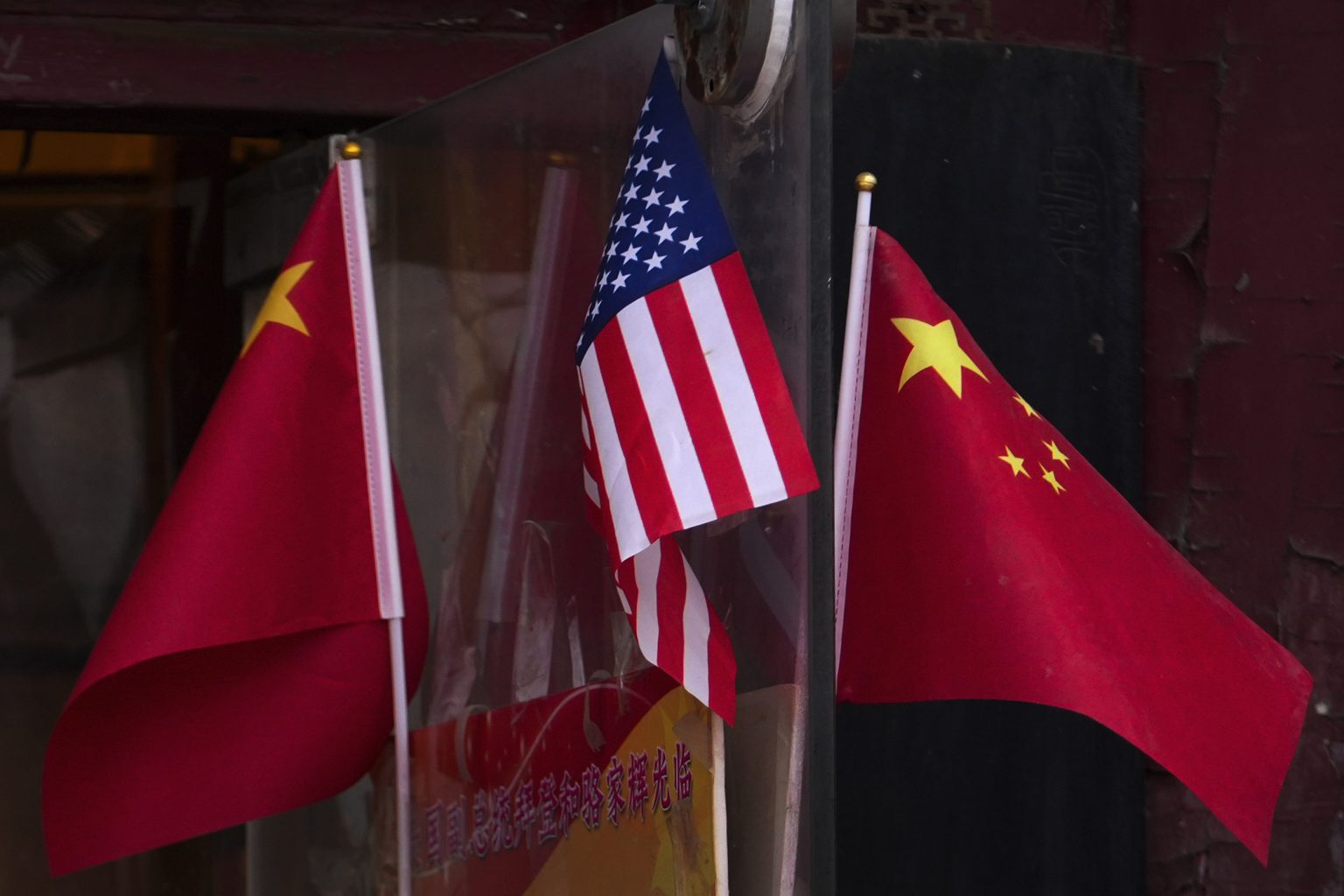Summarize this content to 2000 words in 6 paragraphs
By
Daniel Orton is an editor on the live news team at Newsweek, based in London, U.K. He was previously a video news editor at the company between 2017 and 2019, before spending several years as a senior video journalist on the social news team at The Wall Street Journal, where he primarily produced short-form and breaking-news videos for the Journal’s X (Twitter) page, with a focus on business, finance and markets. He also produced longer videos for other platforms on a wide range of subjects, from the U.K. royal family’s finances to the cost of tackling climate change. He has also worked for The London Evening Standard, Fox News and Bauer Media.
Daniel Orton
Editor, Live News
news article Based on facts, either observed and verified firsthand by the reporter, or reported and verified from knowledgeable sources.
✓ Link copied to clipboard! In response to the U.S. imposing a 10 percent tariff on Chinese imports which took effect Tuesday, China has announced its own set of tariffs on U.S. goods.Starting February 10, China will implement a 15 percent tariff on American coal and liquefied natural gas, and a 10 percent tariff on crude oil, agricultural machinery, and large-engine cars imported from the U.S., according to a statement from the Chinese Ministry of Finance.U.S. President Donald Trump signed an order Saturday seeking to levy significant tariffs on America’s largest trading partners, citing concerns over fentanyl flow and trade deficits.A spokesperson for China’s U.S. embassy said, “The unilateral tariff increase by the U.S. seriously violates [World Trade Organization] rules and is a typical act of unilateralism and trade protectionism.”
China and U.S. national flags are seen on display outside a souvenir shop in Beijing on January 31, 2025.
China and U.S. national flags are seen on display outside a souvenir shop in Beijing on January 31, 2025.
Andy Wong/AP Photo
Trump’s tariff decision “undermines the foundation of China-U.S. economic and trade cooperation,” the spokesperson added.Tariffs are taxes on imported goods, typically paid by the importing businesses, which can then pass costs onto consumers through higher prices. The importing business could be any American company that purchases goods from foreign suppliers and brings them into the country for resale, manufacturing, or distribution. Tariffs are often used to protect domestic industries by making foreign goods more expensive and encouraging consumers to buy locally.This is a breaking news story and will be updated.


